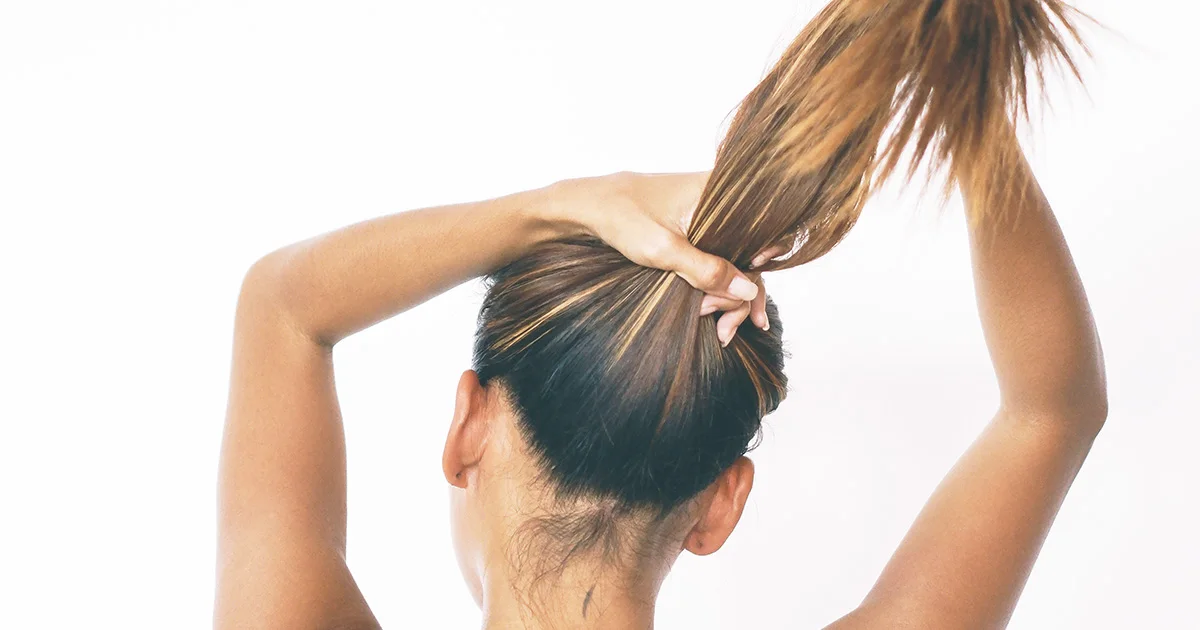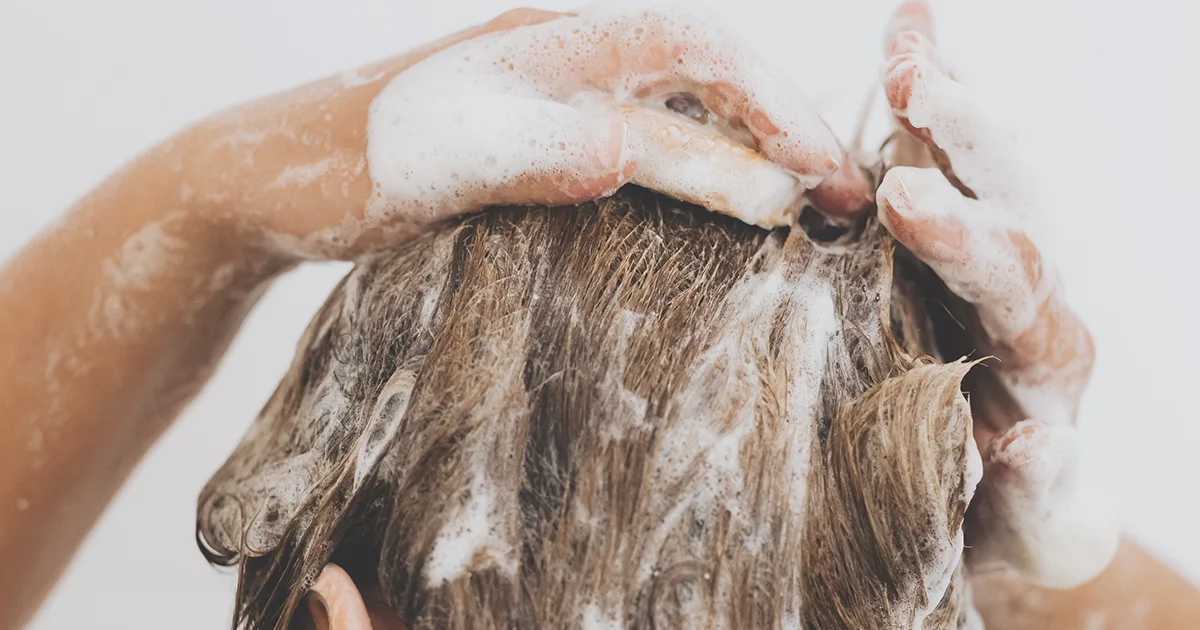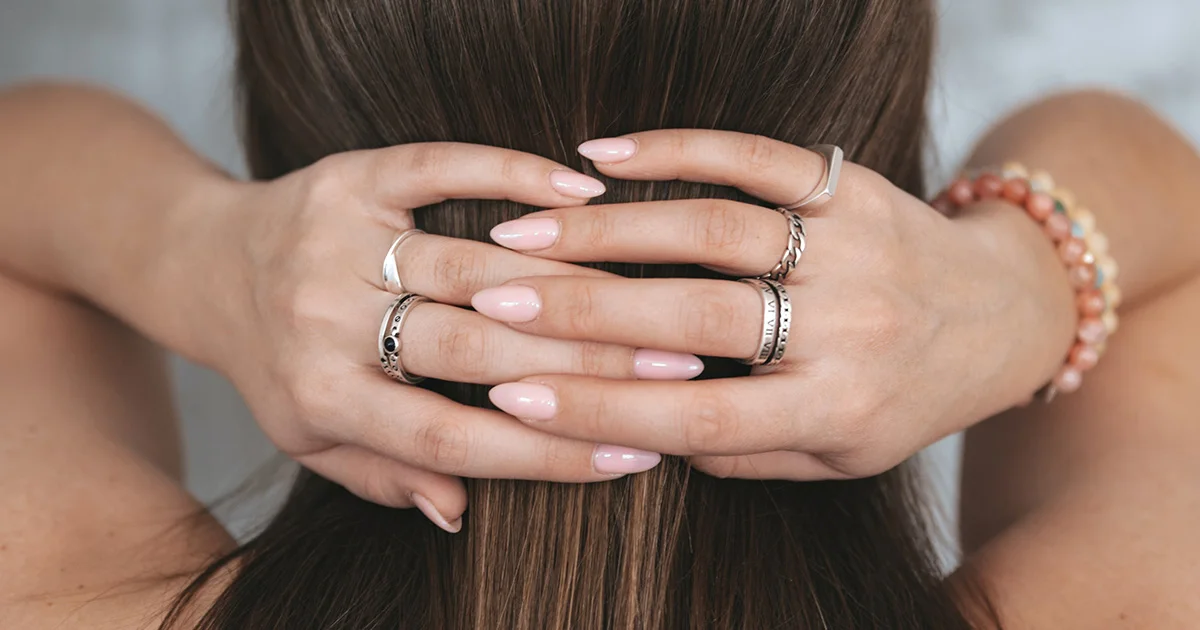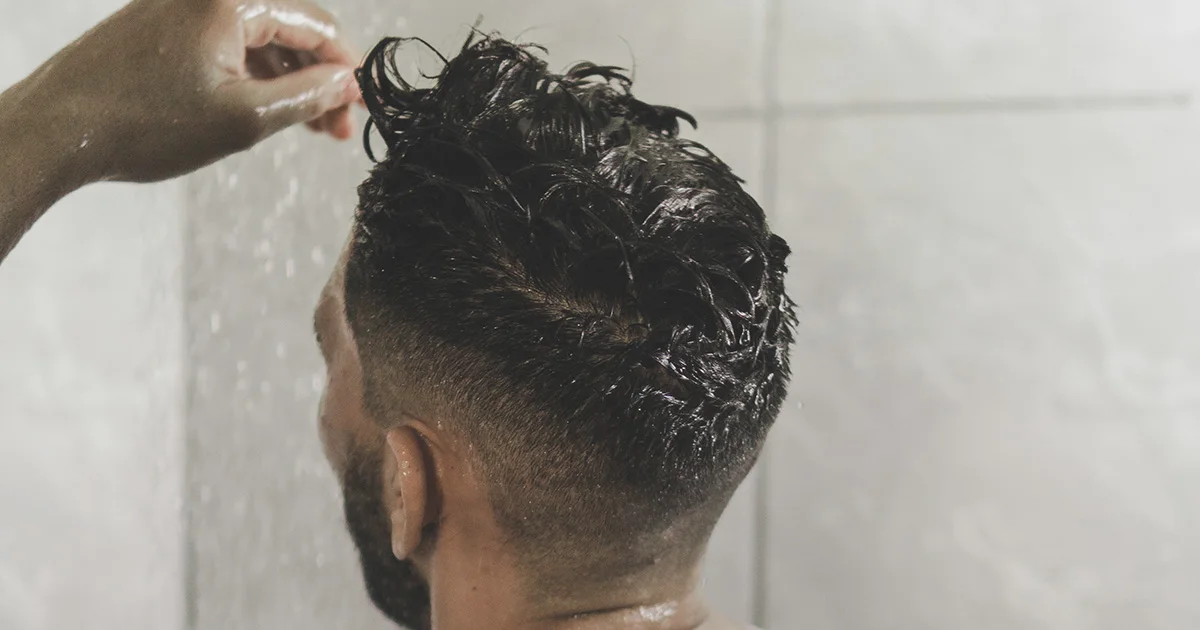Here's what we'll cover
Here's what we'll cover
If you struggle with hair loss, you’ve likely thought of minoxidil (brand name Rogaine) as a possible solution, but it can be hard to know whether foam or liquid is right for you. While we do know that a higher strength of minoxidil is more effective (5% vs. 2%) to treat male pattern hair loss, or androgenetic alopecia, there’s no data on whether liquid or foam minoxidil produces better results.
Some believe the liquid form allows for better absorption, but researchers have yet to prove this. Continue reading to learn more about the pros and cons of minoxidil foam vs. minoxidil liquid.
Oral Minoxidil Important Safety Information: Read more about serious warnings and safety info.
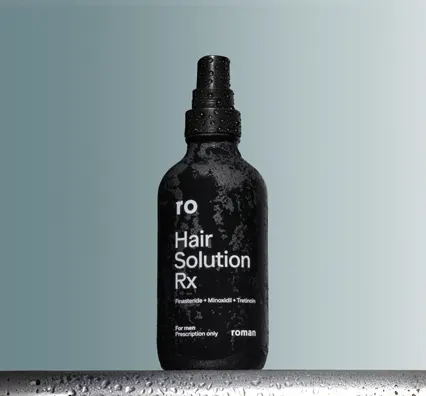
What is minoxidil?
Minoxidil is an FDA-approved hair loss treatment applied to the scalp twice a day to slow or stop the progression of male pattern baldness and thinning hair. "Minoxidil is thought to help increase circulation in the scalp, which can help improve nutrients and ingredient delivery to the hair follicle," says Tsippora Shainhouse, MD, FAAD, a board-certified dermatologist in Beverly Hills, California. "But its mechanism of action is not entirely clear." It's available over the counter as a liquid (sometimes called a topical solution) or foam (sometimes called an aerosol). Both are currently available in two different strengths: 2% and 5%. To maintain results, minoxidil must be used continuously. If you stop using the medication, the hair loss will continue. People who use minoxidil typically see results after four months of consistent use.
Minoxidil foam vs. liquid
Minoxidil comes in two strengths, 2% and 5%. Both strengths are approved for hair loss in men, but only the 2% strength is approved in women. Choosing between minoxidil foam or liquid? Take the following key differences into consideration.
Allergies or sensitivities
Some people might experience an allergic reaction when using the liquid form of minoxidil. That's because it contains propylene glycol, which can cause allergic reactions or irritation. The foam version of minoxidil does not contain propylene glycol. However, it's still possible to be allergic to other ingredients in the foam, like minoxidil itself, but that’s rare.
Look and feel/absorption
Minoxidil liquid may cause your hair to feel or look greasy. If that's the case, the foam version may be better for you. "Foam may absorb more quickly, so that skin and hair appear less greasy and have less oily residue," says Shainhouse. "It's less likely to drip where you don't want it, like the face."
Ease of use
The density of foam and the precision of liquid (which is applied with a dropper) both have benefits and drawbacks.
"Foam is easier to apply to larger areas with significant balding or thinning hair," says Shainhouse. "But the liquid form of minoxidil may be easier to apply to the scalp, particularly if you have long hair near the application area, which may catch some of the foam before it makes it to your scalp."
Biological sex
Minoxidil 2% topical solution and 5% topical foam are FDA-approved for use by biological women. However, the 5% topical solution is only FDA-approved for use in biological men, and is considered off-label use when used by women. Why?
"That's just how Rogaine currently has the FDA approvals, and it would be very costly and time-consuming for them to go through the clinical trials to approve the 5 percent minoxidil solution for women," wrote Dr. Eric Schweiger, a New York City board-certified dermatologist, and hair transplant surgeon, on hairloss.com. "I use both for women in my practice, depending upon the specific hair loss, sensitivity, and scalp situation."
One review of 17 studies on minoxidil use by women with female pattern baldness found no difference in effectiveness between 2% and 5% formulations. But the researchers said more study was needed.
Is minoxidil foam or liquid best for you?
Should you use minoxidil 2% or 5%? Liquid or foam? The choices can be overwhelming.
Studies show that a higher concentration of minoxidil is more effective than the lower one. In one study published in the Journal of the American Academy of Dermatology, men were assigned to three different groups: 5% minoxidil, 2% minoxidil, or placebo. Men using 5% minoxidil had 45% more hair regrowth than the 2% group.
But in terms of whether foam or liquid is more effective, "the verdict is still out," says Dr. Lawrence Barnard, DO, a hair restoration surgeon at Maxim Hair Restoration in New York City. "The liquid form is often used because it's believed to be more effective due to increased absorption, but research is insignificant and far from proving this."
Some researchers also theorize that, because the liquid causes irritation and dermatitis more frequently than foam, it causes blood flow and growth factor migration that may stimulate hair growth, making it the more potent of the two formulations, explains Barnard. But right now, that's just a theory.
"The reality is that it comes down to user preference," says Barnard, who has found that his patients tend to prefer foam. "If you have highly sensitive skin, then you may find that minoxidil foam is the better option, as it's less likely than its liquid counterpart to spread to peripheral locations. Due to the lack of sufficient evidence as to which form has higher efficacy, we recommend the foam to avoid dermatitis. It seems to be more comfortable and has less of a negative impact on your aesthetic."
Does minoxidil work?
Minoxidil works well for male pattern hair loss when used as directed. A one-year study with minoxidil 5% solution showed that 62% of men had no increased hair loss, 16% had hair regrowth and approximately 48% had moderate hair regrowth.
Minoxidil is an effective treatment for hair loss, but unfortunately not for all situations. In general, minoxidil is better at stopping or slowing hair loss than regrowing hair (even though some can experience some regrowth). That’s why the medication is less likely to work once hair loss has spread to large areas of the scalp. Studies have also shown that minoxidil may be more effective when used together with finasteride. However, biological women are not approved to use finasteride.
There’s no shame in struggling with hair loss. Make an appointment with your healthcare provider to discuss possible safe and effective treatment options for you.
Finasteride Important Safety Information: Read more about serious warnings and safety info.
DISCLAIMER
If you have any medical questions or concerns, please talk to your healthcare provider. The articles on Health Guide are underpinned by peer-reviewed research and information drawn from medical societies and governmental agencies. However, they are not a substitute for professional medical advice, diagnosis, or treatment.
Badri, T., Nessel, T. A., & Kumar, D. D. (2023). Minoxidil. StatPearls . Retrieved from https://www.ncbi.nlm.nih.gov/books/NBK482378/
Chen, L., Zhang, J., Wang, L., et al. (2020). The efficacy and safety of finasteride combined with topical minoxidil for androgenetic alopecia: a systematic review and meta-analysis. Aesthetic Plastic Surgery, 44 (3), 962–970. doi: 10.1007/s00266-020-01621-5. Retrieved from https://pubmed.ncbi.nlm.nih.gov/32166351/
Friedman, E. S., Friedman, P. M., Cohen, D. E., & Washenik, K. (2002). Allergic contact dermatitis to topical minoxidil solution: etiology and treatment. Journal of the American Academy of Dermatology , 46 (2), 309–312. https://doi.org/10.1067/mjd.2002.119104. Retrieved from https://pubmed.ncbi.nlm.nih.gov/11807448/
Olsen, E. A., Dunlap, F. E., Funicella, T., et al. (2002). A randomized clinical trial of 5% topical minoxidil versus 2% topical minoxidil and placebo in the treatment of androgenetic alopecia in men. Retrieved from https://www.ncbi.nlm.nih.gov/pubmed/12196747
van Zuuren, E. J., Fedorowicz, Z., & Schoones, J. (2016). Interventions for female pattern hair loss. The Cochrane Database of Systematic Reviews , 2016 (5), CD007628. https://doi.org/10.1002/14651858.CD007628.pub4. Retrieved from https://www.cochranelibrary.com/cdsr/doi/10.1002/14651858.CD007628.pub4/full


